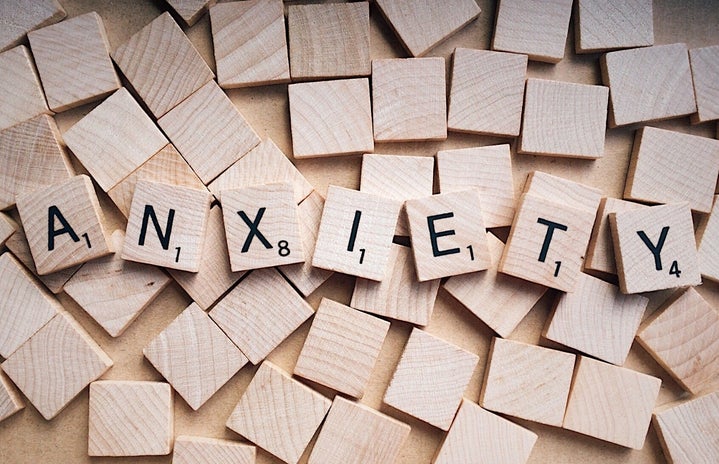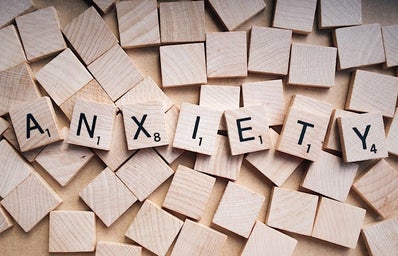Not long ago I was diagnosed with depression and a General Anxiety Disorder (GAD). I was not surprised about being diagnosed with anxiety because I could tell, but I was very surprised about being diagnosed with depression. My first thought was “why? I don’t think I have the behaviour of someone who has depression.” But what is the “behaviour of someone who has depression”? We, as a society, have created boxes people fit in so that they can say they have a mental illness. But something I learned about my diagnosis is that it’s different for every person. So, I had the idea to debunk a few misconceptions about anxiety and depression.
1. Depression is just feeling sad.
In a way that’s what I thought too when I was first diagnosed. I knew that depression was not only feeling sad, but I thought feeling sad played a big part in it. Because I didn’t feel sad all the time, I was surprised to have depression. In reality, depression is much more than just feeling sad, it also comes with physical changes like increased or decreased appetite, and in the quality of your sleep. Emotionally you also have a change in your behaviour too: feelings of worthlessness and losing interest in things you usually enjoy. (Healthhub)
2. Medication for anxiety/depression is addictive
Here again, is what I thought and what a lot of my family members thought (and still think as well). I was very scared to start medication because I thought I would get addicted to it, but that didn’t happen. So far, the only side effect the medication had on me were nausea, drowsiness, and a little shakiness, that lasted the first week of starting my treatment. The medication I take is a Selective Serotonin Reuptake Inhibitor (SSRI), and they are anti-depressants that work by increasing the levels of serotonin in the brain, and they are not addictive (Mayoclinic). There is another type, called benzodiazepine, and those can lead to increased tolerance and dependence after long-term use (ADAA).
3. People with anxiety should avoid stressful situations
In my point of view, this is hard to do because we all have different triggers. In my situation, some things that weren’t triggering before all of the sudden become triggering. Additionally, I think that if I were to avoid every situation that I find stressful, I would not be able to live my life. Talking to people (phone calls, public presentations, talking to customers at work) gives me a lot of anxiety but I still do it, not because I want to but because I have to. And dealing with things that are outside of my comfort zone, helped create coping mechanism so that I am not as anxious when they happen again.
4. You are not actually sick if you have depression or anxiety
Just by looking at someone, you cannot tell if they have anxiety or depression, and the medical treatments are not as straightforward as it can be for other illnesses. Your brain is different because of the hormonal unbalance (Zendyhealth). Also, as someone who suffers from those two illnesses, I can tell you that like any other medical condition this impacts your day-to-day life. For example, for the longest time, I would sleep extremely late because I was terrified of sleeping. I could not go to bed without crying out of fear.
5. Depression and anxiety are a sign of weakness
When I first got diagnosed, I was terrified to tell the result to my parents. My first thought was that they would think I’m exaggerating and faking it. I would reassure myself by saying that it’s something I can’t help, I have not just decided to have depression and anxiety. I am lucky to have a family that supports me, even though we don’t really talk about it. My family is also from Africa, and there, mental illness is not a thing a lot of people believe in, so obviously I’ve had family members telling me to just snap out of it, that I am lucky to have the life I have and I shouldn’t feel anxious. But like I said I am not deciding to feel the way I do, my brain is sick. My brain being sick does not correlate with me being weak as a person.



